Acqua di Parma gives a trio of opera inspired scents a triumphant voice
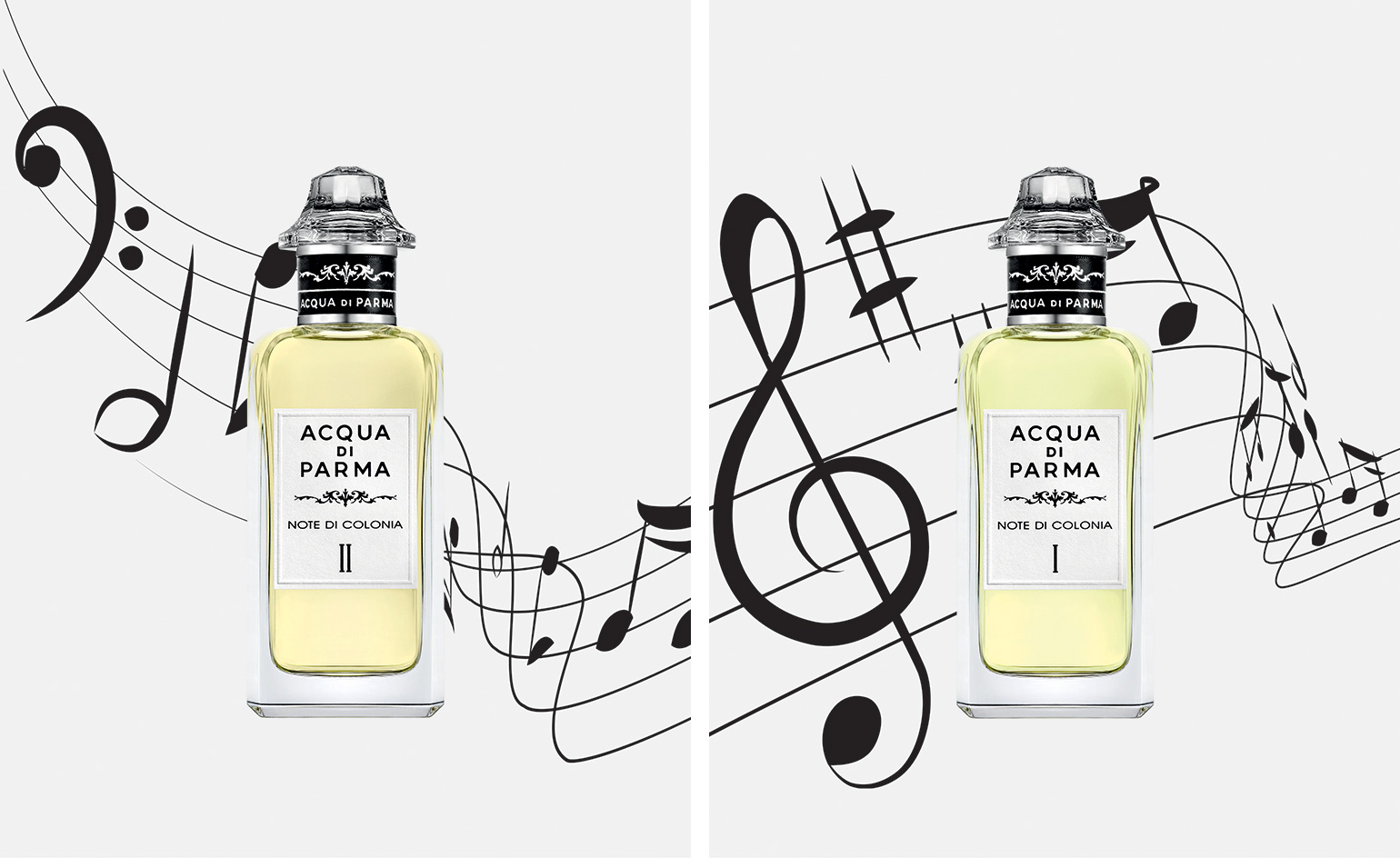
A centenary is always worth celebrating, and the powers that be behind Acqua di Parma have decided to mark the occasion with three new perfumes, each inspired by the world of opera. The reason? Though these days the company is based in Milan and owned by the luxury conglomerate LVMH, its origins – as its name suggests – are in Parma, the Italian city of opera par excellence.
Each of the three new ‘Note di Colonia’, as the collection is called, is a reinterpretation of Colonia, the brand’s signature cologne (and still its best-seller), first produced in 1916. In a nod to the past, the bottles are quite closely based on the original 1916 design, complete with faceted glass stoppers, though the labelling is rather less florid and more modern-looking.
Created by perfumer Delphine Lebeau, ‘Note di Colonia I’ is inspired by Germont’s ebullient drinking song Libiamo ne’ lieti calici from the first act of Verdi’s La Traviata, and is closest to the original Colonia in character. The refreshing, zesty smell of a classic cologne, with lots of bergamot and neroli, is gradually subsumed within the softer, longer-lasting and slightly more feminine scents of rose, violet and lavender, underpinned by cedarwood and patchouli.
The operatic inspiration for the second celebratory fragrance (also formulated by Lebeau) comes from Puccini’s epic Turandot, and its most famous aria, Nessun dorma. The citrusy elements of Colonia can still be discerned, but this time they’re followed by the herby smells of basil and cardomom, with softer touches of vetiver and guaiac wood, giving it a rather gourmandising character.
The spiciness of ginger is tempered by vetiver, resinous olibanum and myrrh, jasmine and the slightly chocolatey scent of tonka beans in ‘Note di Colonia III’, created by the young French perfumer Nicolas Bonneville (who has also worked for Astier de Villatte). These attractively dry, incense-like notes make sense when you know that this third variation on the Colonia theme is derived from another popular opera classic, the triumphal march from Verdi’s Aida, set in Ancient Egypt and first performed in Cairo in 1871. It’s a fitting climax to this triumphal trio.
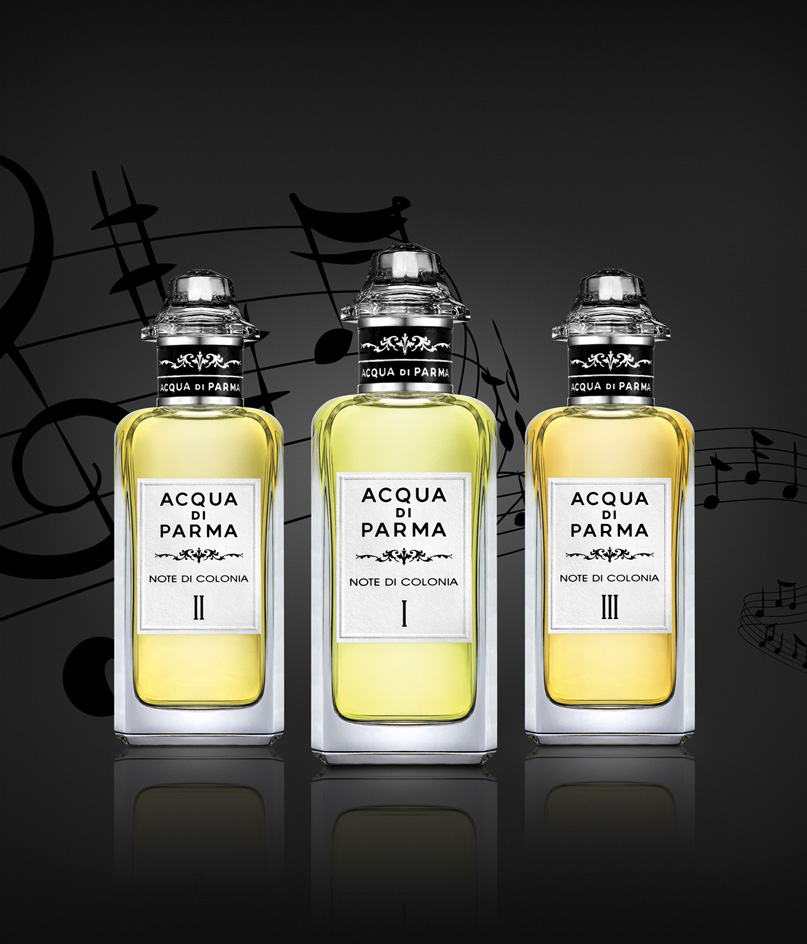
The bottles are quite closely based on the original 1916 design, complete with faceted glass stoppers
INFORMATION
For more information, visit the Acqua di Parma website
Wallpaper* Newsletter
Receive our daily digest of inspiration, escapism and design stories from around the world direct to your inbox.
-
 ‘Independence, community, legacy’: inside a new book documenting the history of cult British streetwear label Aries
‘Independence, community, legacy’: inside a new book documenting the history of cult British streetwear label AriesRizzoli’s ‘Aries Arise Archive’ documents the last ten years of the ‘independent, rebellious’ London-based label. Founder Sofia Prantera tells Wallpaper* the story behind the project
By Jack Moss
-
 Head out to new frontiers in the pocket-sized Project Safari off-road supercar
Head out to new frontiers in the pocket-sized Project Safari off-road supercarProject Safari is the first venture from Get Lost Automotive and represents a radical reworking of the original 1990s-era Lotus Elise
By Jonathan Bell
-
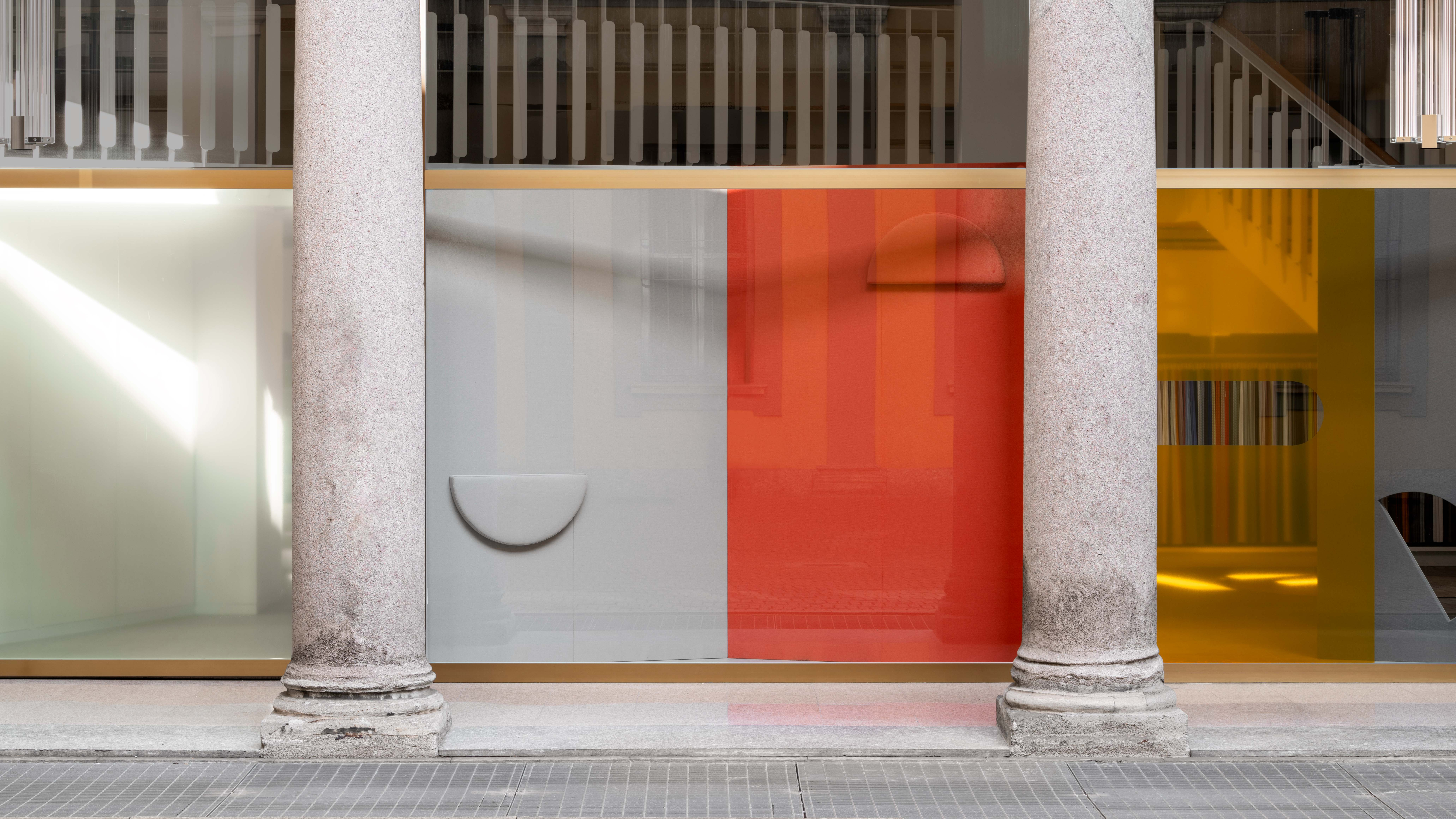 Kapwani Kiwanga transforms Kvadrat’s Milan showroom with a prismatic textile made from ocean waste
Kapwani Kiwanga transforms Kvadrat’s Milan showroom with a prismatic textile made from ocean wasteThe Canada-born artist draws on iridescence in nature to create a dual-toned textile made from ocean-bound plastic
By Ali Morris
-
 Ayond fragrances bottle the healing power of the desert
Ayond fragrances bottle the healing power of the desertAyond, the Santa Fe brand known for its rejuvenating botanical skincare, has translated the same desert ingredients into three fragrances that combat mental stress and fatigue
By Mary Cleary
-
 Exploring non-binary beauty at Dover Street Parfums Market in Paris
Exploring non-binary beauty at Dover Street Parfums Market in ParisBy Fiona Mahon
-
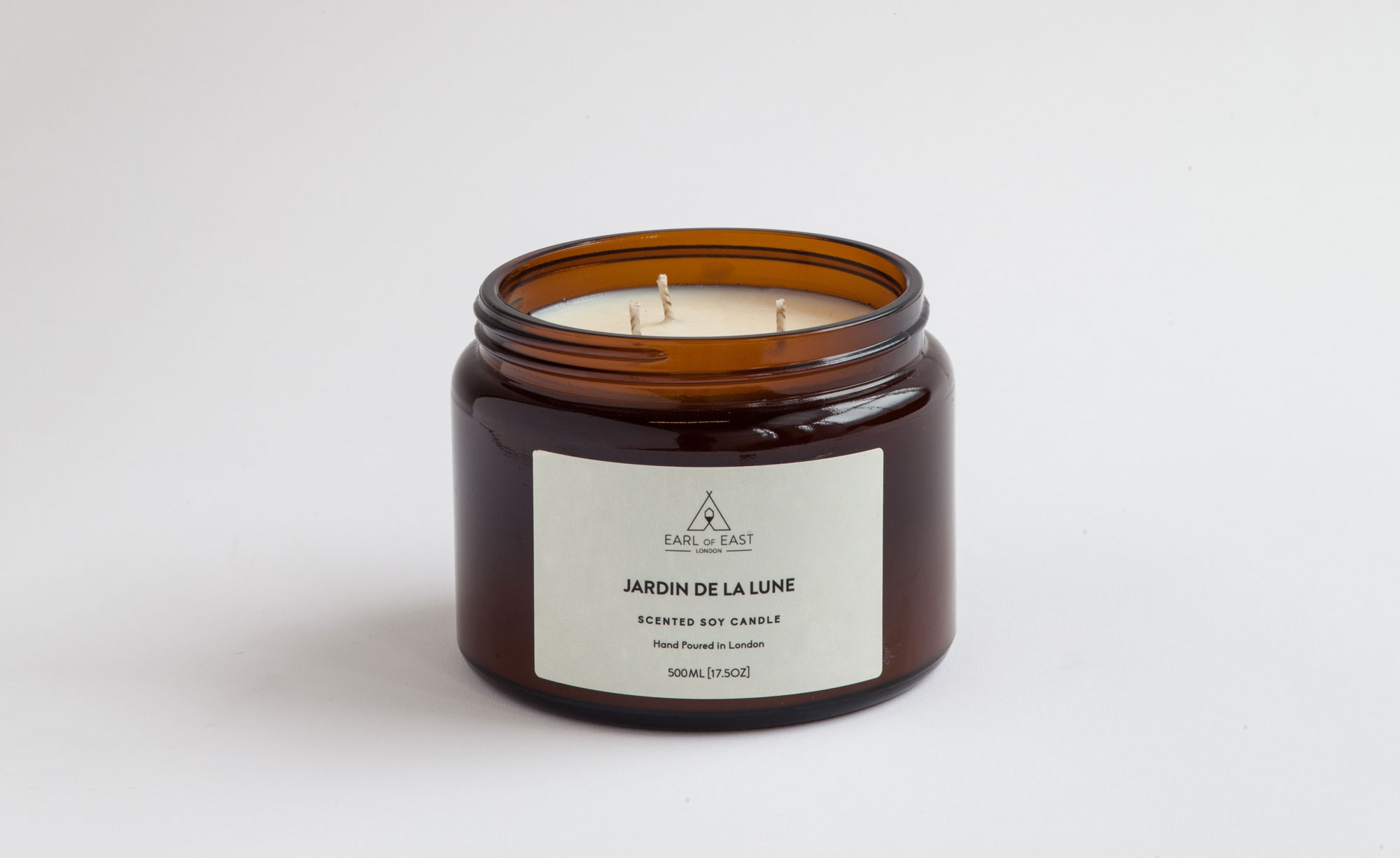 Meet on Instagram: rules of modern-day collaboration according to Earl of East London
Meet on Instagram: rules of modern-day collaboration according to Earl of East LondonBy Elly Parsons
-
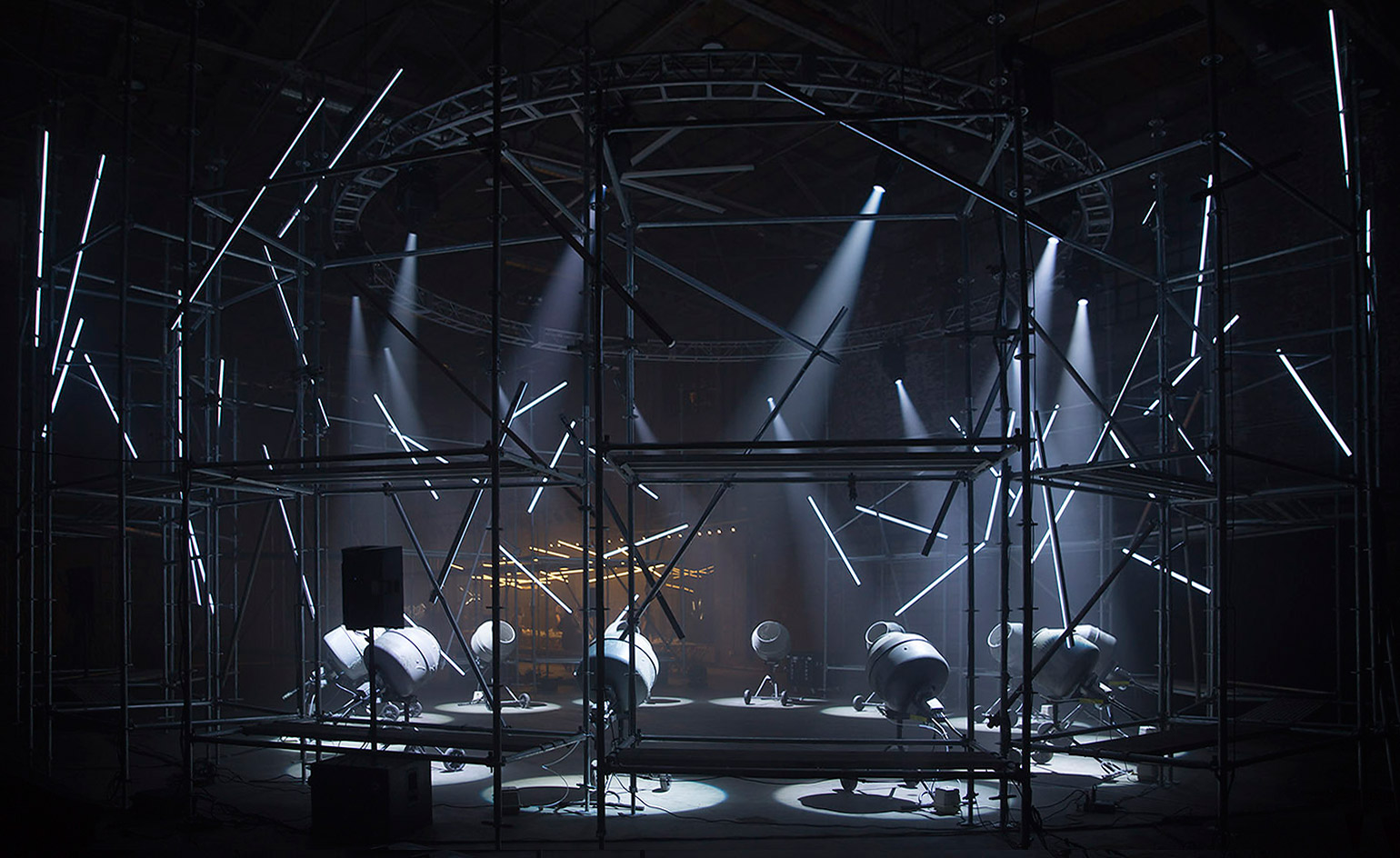 Commes des Garçons teases out the softer side of concrete with its latest fragrance
Commes des Garçons teases out the softer side of concrete with its latest fragranceBy Pei-Ru Keh
-
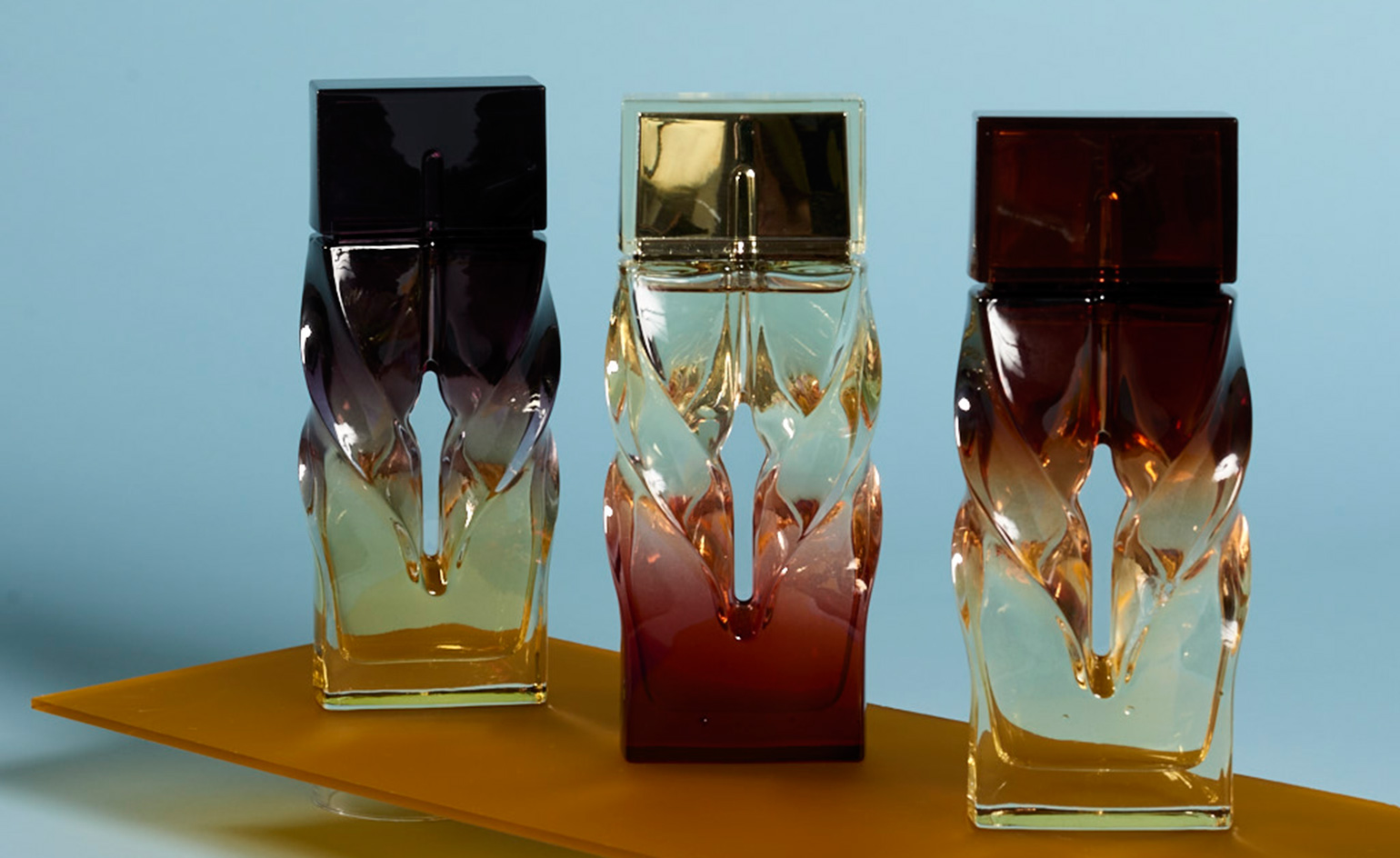 Twisted logic: Thomas Heatherwick’s perfume bottles for Christian Louboutin turn it on
Twisted logic: Thomas Heatherwick’s perfume bottles for Christian Louboutin turn it onThomas Heatherwick conjures an ambitious set of architectural glass vessels for Christian Louboutin’s debut fragrance line
By Ali Morris
-
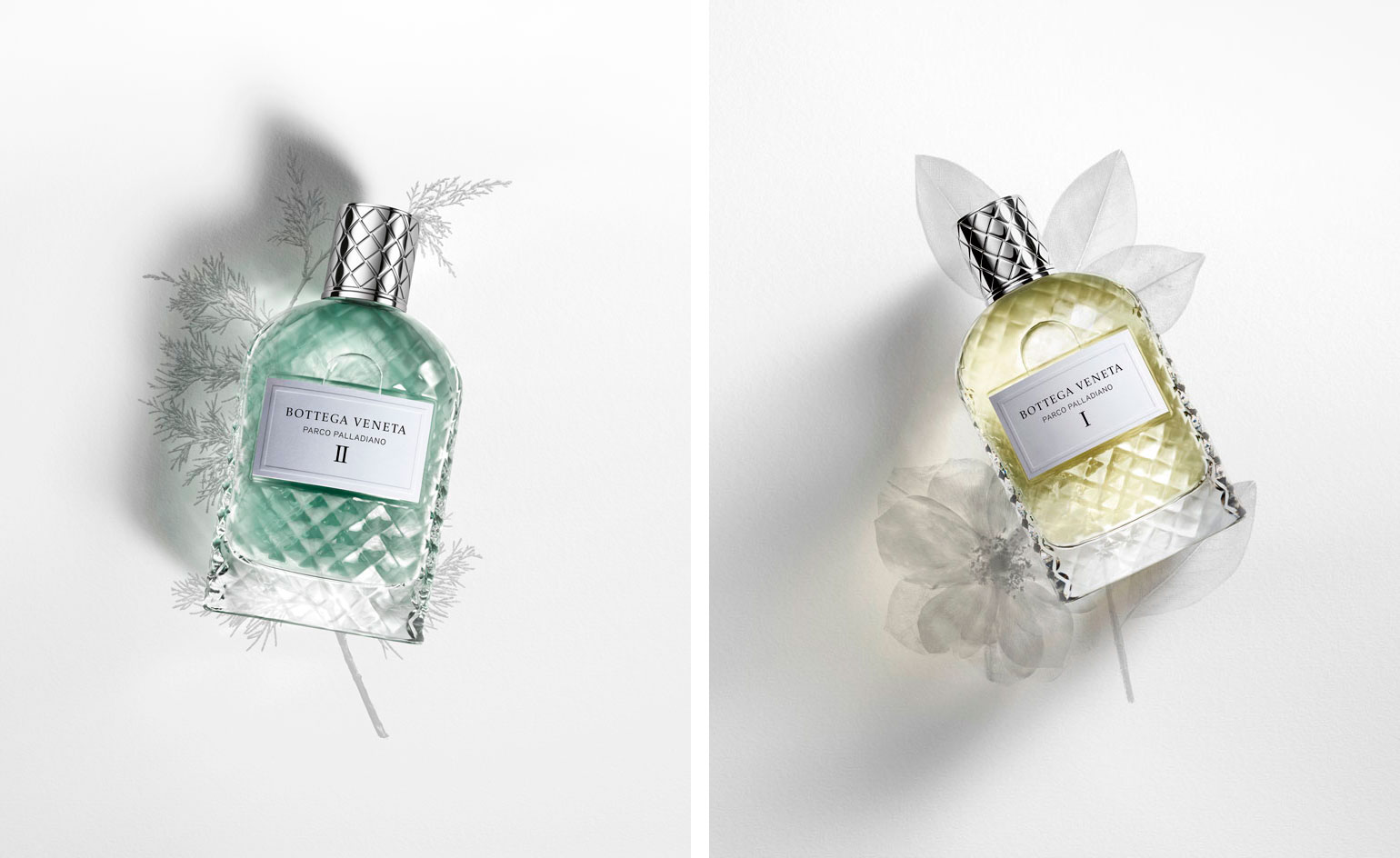 Palladian perfumery: Bottega Veneta debuts new fragrance collection
Palladian perfumery: Bottega Veneta debuts new fragrance collectionBy Emma Moore
-
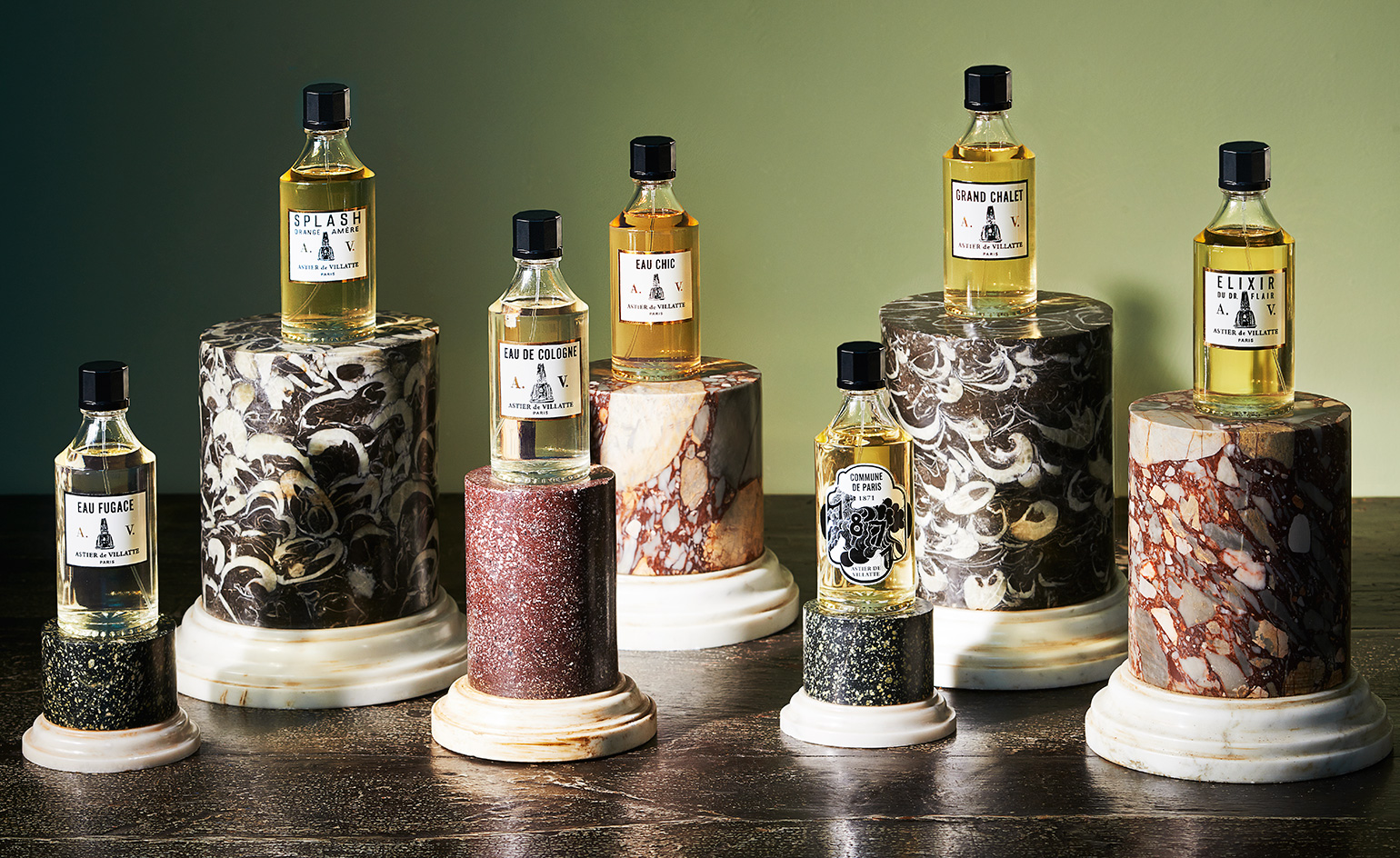 Elixirs of life: citrussy new colognes by Astier de Villatte
Elixirs of life: citrussy new colognes by Astier de VillatteBy Clara Le Fort
-
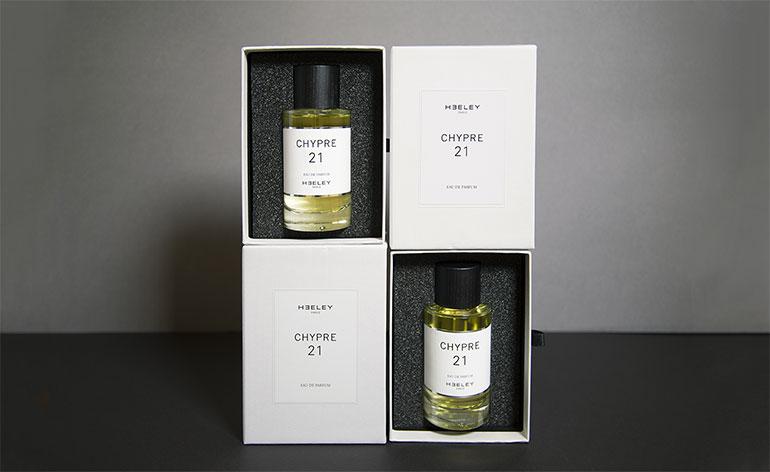 ’Chypre 21’: James Heeley’s Coty-channelling Mediterranean mix
’Chypre 21’: James Heeley’s Coty-channelling Mediterranean mixBy Christopher Stocks